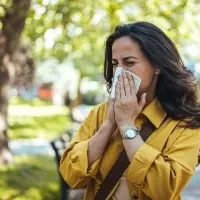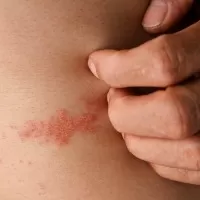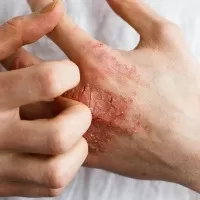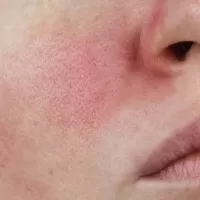Menopause and perimenopause can have a significant impact on the skin, with many women experiencing dryness, thinning, wrinkles, and changes in texture. These changes are primarily due to the decrease in oestrogen, which plays a key role in maintaining skin hydration, elasticity, and collagen production. As oestrogen levels decline, the skin becomes thinner, less elastic, and more prone to dryness and irritation. Additionally, hormonal fluctuations can also lead to an increase in facial hair growth, acne, and other skin conditions.
Skin
Managing skin changes during menopause may involve using hydrating skincare products, applying sunscreen regularly, adopting a balanced diet with vitamins and antioxidants, and considering hormone therapy.






